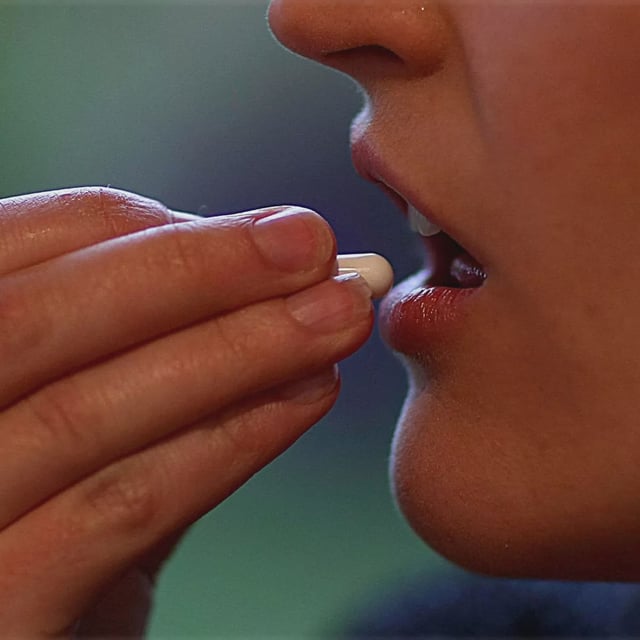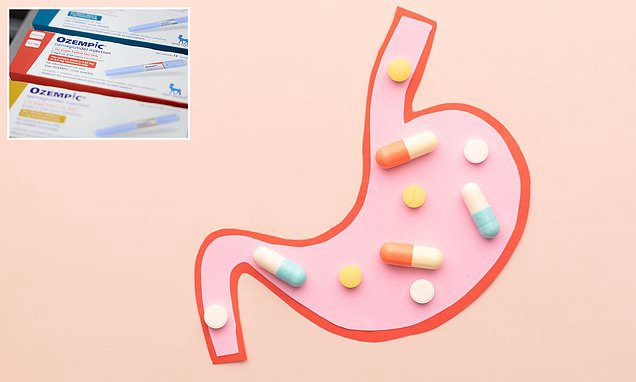Overview
- SYNT-101 forms a temporary polydopamine coating in the duodenum, redirecting nutrient absorption to the lower intestine to promote satiety and metabolic regulation.
- The first-in-human pilot study with nine participants confirmed the safety and tolerability of SYNT-101, with no adverse or serious adverse events reported.
- The treatment delayed glucose absorption by 35% at 30 minutes and 21% at 60 minutes, while increasing leptin levels and reducing ghrelin, consistent with reduced hunger.
- Preclinical studies in rodents demonstrated weight loss of 1% per week over six weeks while preserving lean muscle mass, complementing the early human findings.
- Syntis Bio plans to submit an Investigational New Drug (IND) application to the FDA in late 2025 to advance to larger clinical trials.


